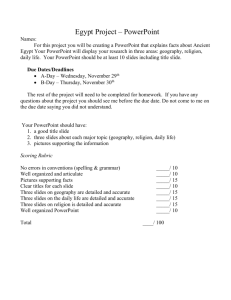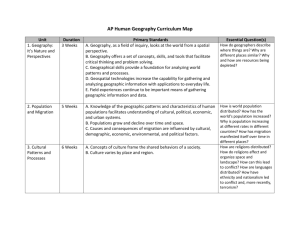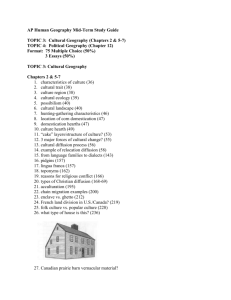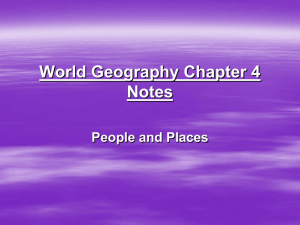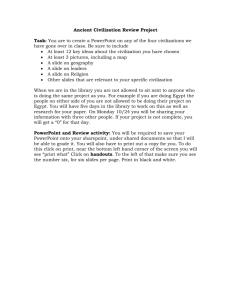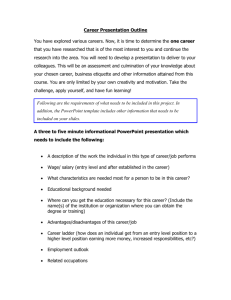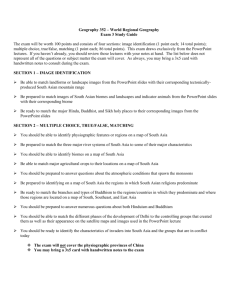AP Human Geography Study Guide
advertisement
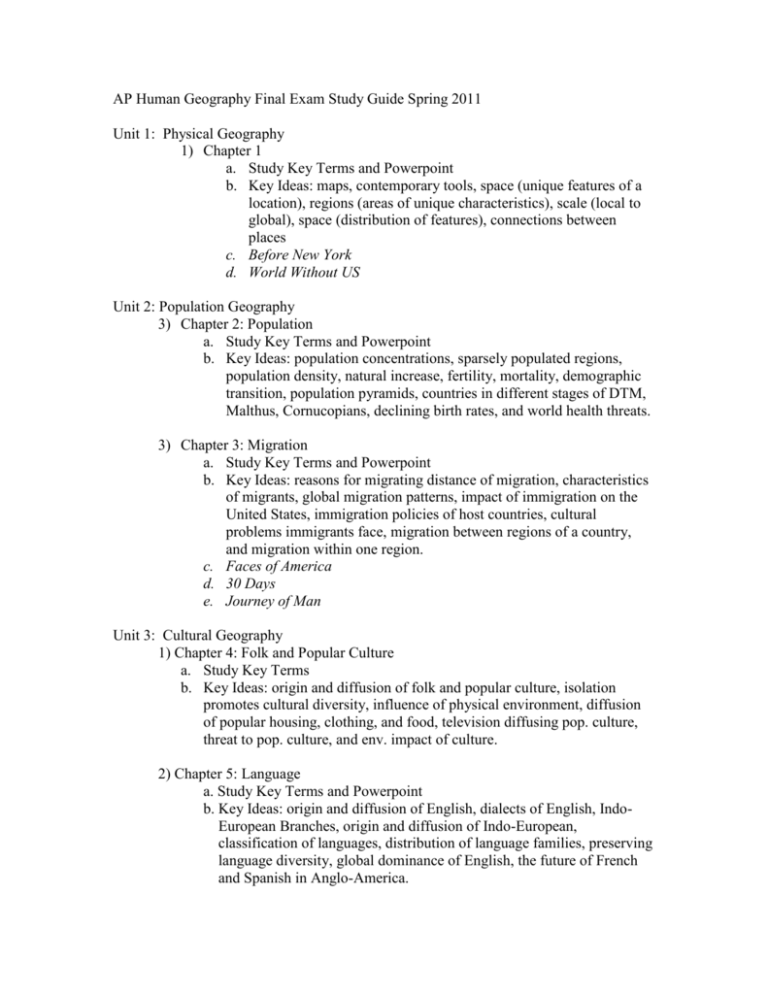
AP Human Geography Final Exam Study Guide Spring 2011 Unit 1: Physical Geography 1) Chapter 1 a. Study Key Terms and Powerpoint b. Key Ideas: maps, contemporary tools, space (unique features of a location), regions (areas of unique characteristics), scale (local to global), space (distribution of features), connections between places c. Before New York d. World Without US Unit 2: Population Geography 3) Chapter 2: Population a. Study Key Terms and Powerpoint b. Key Ideas: population concentrations, sparsely populated regions, population density, natural increase, fertility, mortality, demographic transition, population pyramids, countries in different stages of DTM, Malthus, Cornucopians, declining birth rates, and world health threats. 3) Chapter 3: Migration a. Study Key Terms and Powerpoint b. Key Ideas: reasons for migrating distance of migration, characteristics of migrants, global migration patterns, impact of immigration on the United States, immigration policies of host countries, cultural problems immigrants face, migration between regions of a country, and migration within one region. c. Faces of America d. 30 Days e. Journey of Man Unit 3: Cultural Geography 1) Chapter 4: Folk and Popular Culture a. Study Key Terms b. Key Ideas: origin and diffusion of folk and popular culture, isolation promotes cultural diversity, influence of physical environment, diffusion of popular housing, clothing, and food, television diffusing pop. culture, threat to pop. culture, and env. impact of culture. 2) Chapter 5: Language a. Study Key Terms and Powerpoint b. Key Ideas: origin and diffusion of English, dialects of English, IndoEuropean Branches, origin and diffusion of Indo-European, classification of languages, distribution of language families, preserving language diversity, global dominance of English, the future of French and Spanish in Anglo-America. 3) Chapter 6: Religion a. Study key terms and Powerpoint b. Key Ideas: Origin of religions, diffusion of religions, holy places, places of worship, religion vs. gov. policies, religion vs. religion, and future of Buddhism in Tibet. c. Rick Steve’s in Iran 4) Chapter 7: Ethnicity a. Study key terms and Powerpoint b. Key Ideas: distribution of ethnicities in the US, differentiating ethnicity and race, rise of nationalities, multinational states, revival of ethnic identity, ethnic competition to dominate nationality, ethnic cleansing in Yugoslavia and Central Africa. Unit 4: Political Geography 1) Chapter 8: Political Geography a. Study key terms and Powerpoint b. Key Ideas: defining states, development of state concept, shapes of states, types of boundaries, boundaries inside states, political and military cooperation, economic cooperation, terrorism by individuals and organizations, state support for terrorism. c. God Grew Tired of Us Unit 5: Economic Geography 1) Chapter 9: Development a. Study Key Terms and Powerpoint b. Key Ideas: Economic, social, and demographic indicators of development, mdc and ldc, gender-related development index, gender empowerment, and fair trade. c. Young and the Restless in China d. 30 Days Unit 6: Urban Geography 1) Chapter 13: Urban Patterns a. Study Key Terms and Powerpoint b. Key Ideas: defining urban settlements, models of urban structure, use of models outside north America, inner-city physical, social, and economic problems, the peripheral model, transportation and suburbanization, local gov. fragmentation. c. Hoop Dreams
